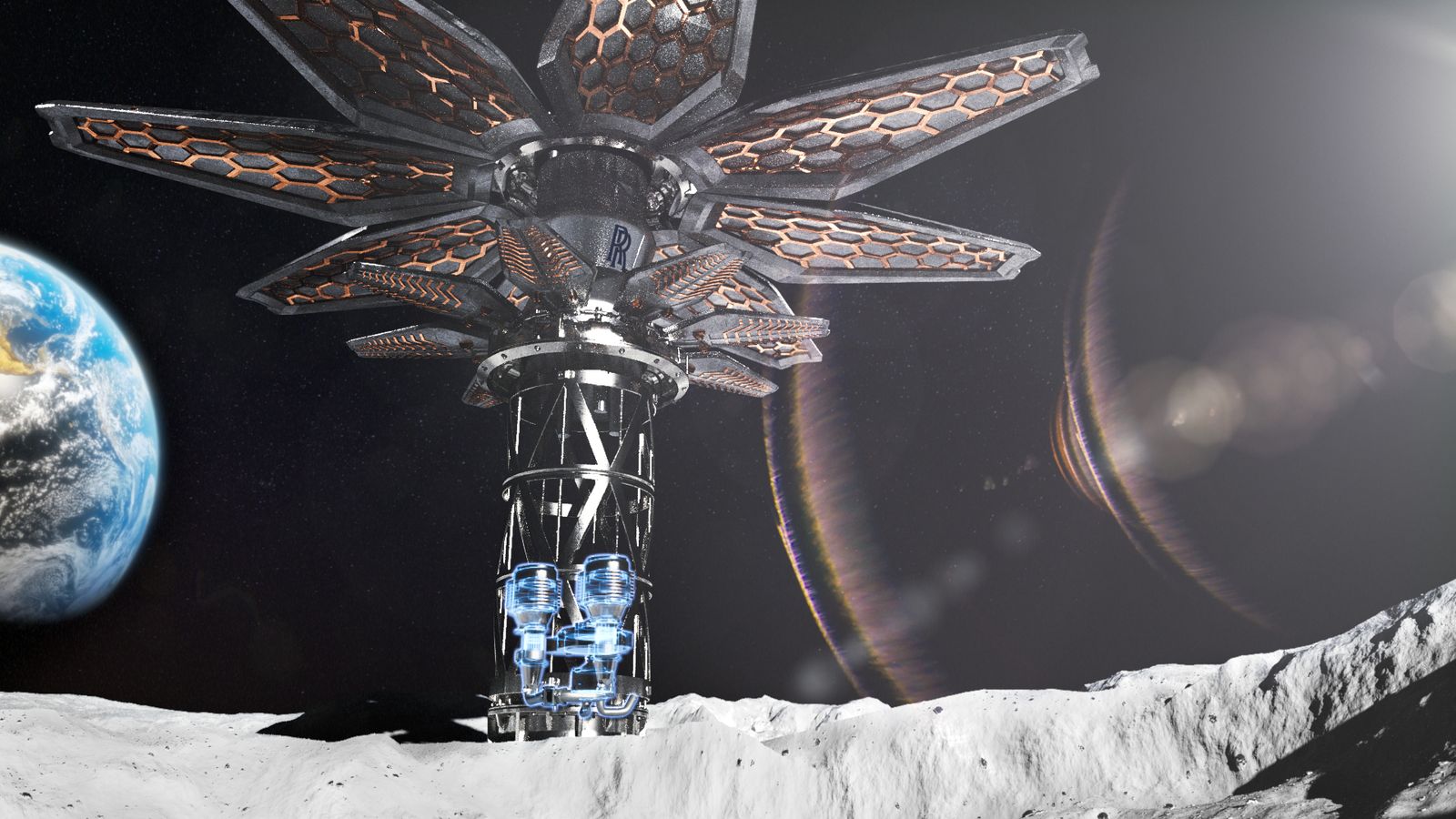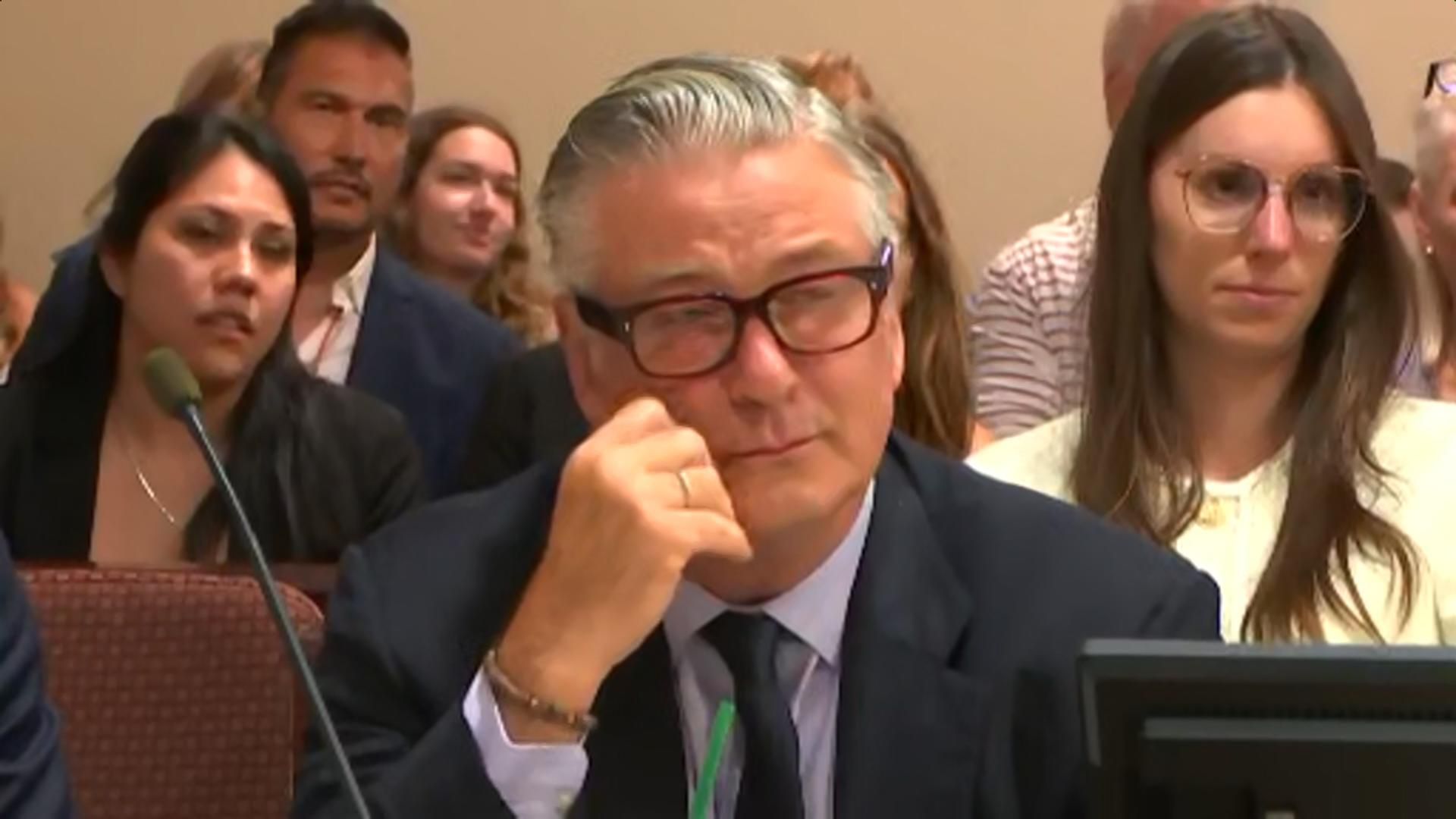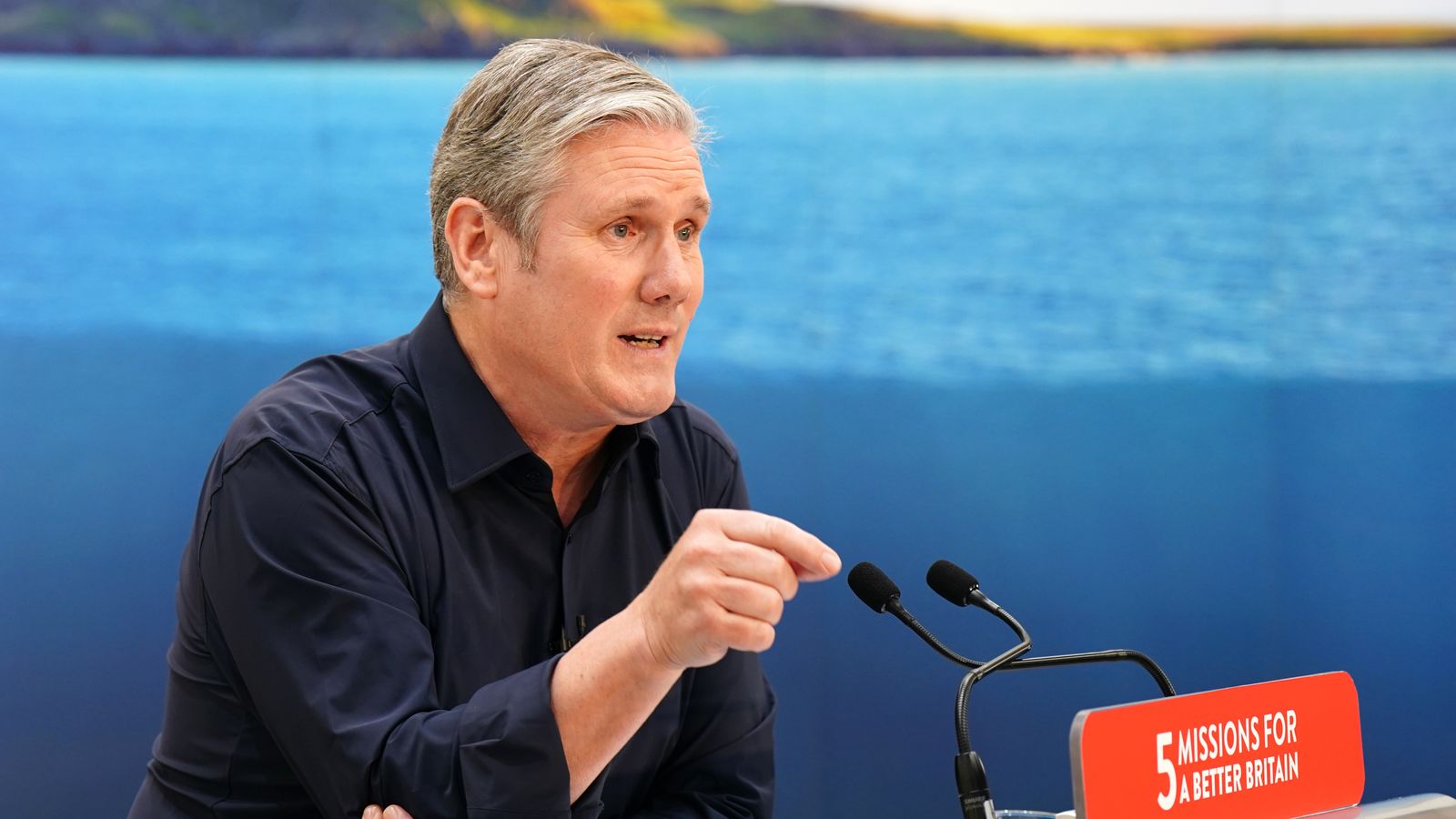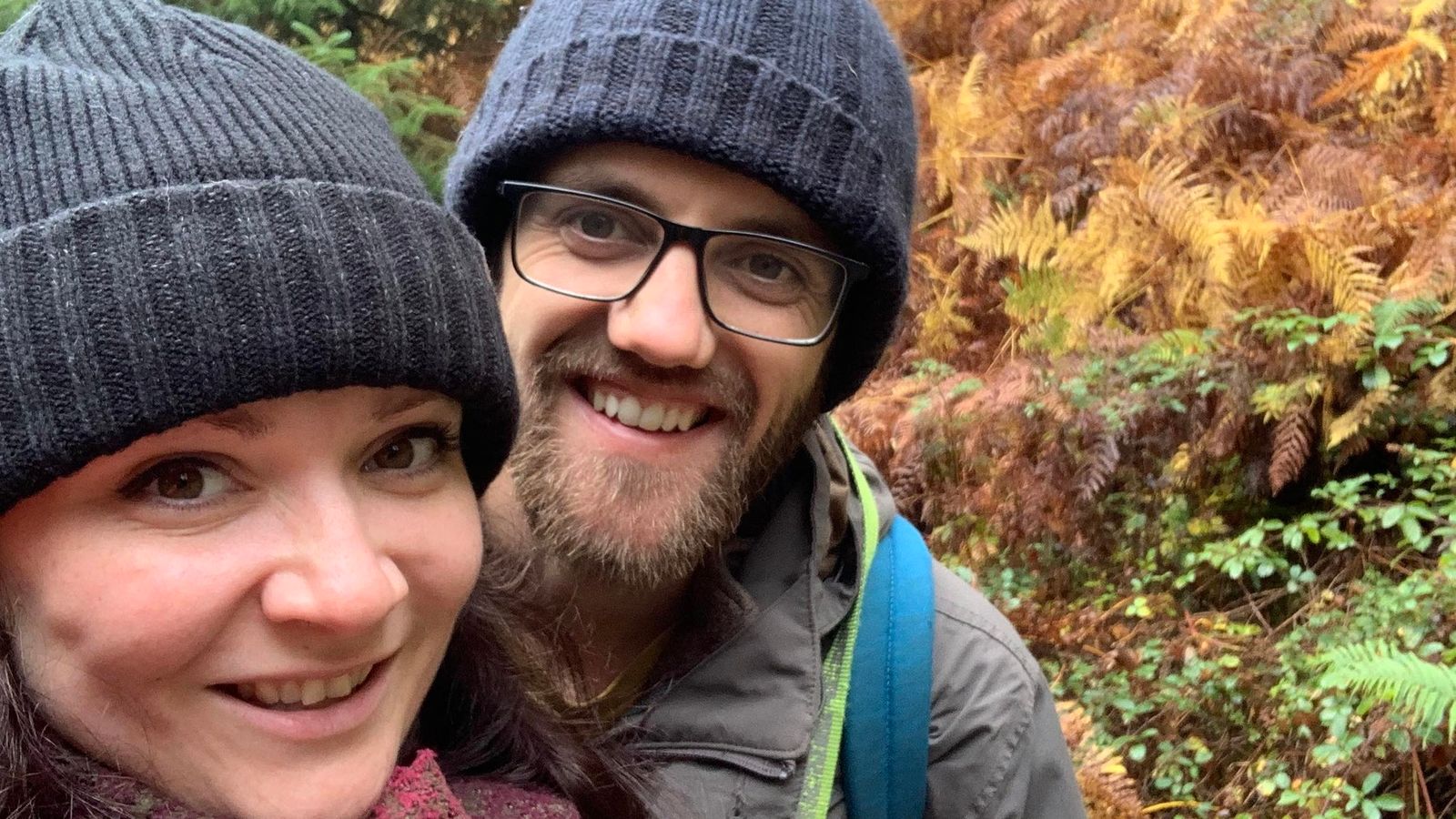An oxygen-hunting robot and a power station in space, are just two of the things British engineers can now develop thanks to a new funding injection.
Science minister George Freeman has announced a £2m boost for 13 new projects which use pioneering approaches to energy, communication and resources.
UK Space Agency (UKSA) ventures so far include Rolls-Royce developing a power station for space that could allow water and breathable oxygen to be generated.
Another will develop new technology that can withstand the high radiation levels on Mars, while a third will build a communications tool for astronauts to tackle the delay in conversations between Mars and Earth.
Engineers will also develop a robot that will search for resources such as oxygen and water in moon rocks.
Mr Freeman, who announced the cash injection during British Science Week, said the “discovery breakthroughs” would not only be of use in space but would ensure “people here on Earth” also benefit from new technologies which could in turn support the UK’s net-zero emissions commitments.
Please use Chrome browser for a more accessible video player
Abi Clayton, Rolls-Royce’s future programmes director, said the UKSA support had been “instrumental” in enabling the continued progress of the Rolls-Royce Micro-Reactor development programme.
Private space company CEO ‘deeply sorry’ after messing up NASA launch
NASA raises concerns about SpaceX satellite deployment plan
Mars mission: NASA moves closer to bringing rock samples collected by Perseverance rover to Earth
Lunar Gateway
The micro-reactors produce cleaner, more affordable energy.
She said: “This shows the true value of public and private partnership – as we bring together the space domain experience of the UK Space Agency with our own unique nuclear expertise.
“Together we can achieve ambitious technological firsts for the UK as we develop the power systems of the future.”
Follow the Daily podcast on Apple Podcasts, Google Podcasts, Spotify, Spreaker
The UK has invested £180m over five years in the European Space Agency’s (ESA) global exploration programme.
It is leading on the Sample Fetch Rover, which will play a key role in the joint NASA/ESA Mars Sample Return mission, and is also supporting international efforts to return humans to the moon, with industry expected to build parts of the Lunar Gateway – a planned small space station in lunar orbit intended to serve as a solar-powered communication hub.






